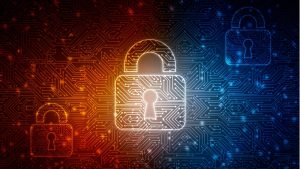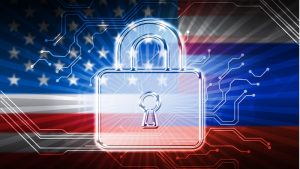Reps. Andy Kim, D-N.J., and Joe Wilson, R-S.C., introduced bipartisan legislation on May 4 that would strengthen states’ cybersecurity readiness and allow governors to deploy their state’s National Guard to respond to cybersecurity threats.
The Cybersecurity and Infrastructure Security Agency (CISA) released a new graphic novel on National Superhero Day, but its superhero might not possess your typical superpowers. The fictional story Bug Bytes intends to educate the public on the dangers of dis- and misinformation campaigns, with cybersecurity and journalism skills saving the day.
Focusing on diversity and inclusion in the cybersecurity space is “paramount” to protecting the United States against cyber risks, female cyber leaders said April 6 during the Women Leaders in Cybersecurity Webinar hosted by the Cybersecurity and Infrastructure Security Agency (CISA).
The Election Infrastructure Government Coordinating Council – whose leadership spans Federal, state, and local government election officials – applauded inter-government cooperation on implementing cybersecurity safeguards in the 2020 election cycle, and pledged to use lessons learned going forward to improve election security and resiliency.
Sen. Mark Warner, D-Va., chairman of the Senate Intelligence Committee, is asking the FBI and the Environmental Protection Agency (EPA) to provide more information on the recent attempt by cyber criminals to poison the water supply at an Oldsmar, Fla. water treatment facility.
What’s the biggest lesson to be learned from the recent thwarting of an attempt by cyber criminals to poison the water supply in Oldsmar, Fla.?
Today, IBM announced that it would be introducing in-kind grants to six school districts valued at $3 million to boost cybersecurity in schools. The grants will be for the school districts to sponsor teams of “IBMers” to assist in proactively preparing for cyberattacks.
Sens. Maggie Hassan, D-N.H., and John Cornyn, R-Texas, reintroduced a bill that would support the National Guard in helping state and local governments improve their cybersecurity, citing “the SolarWinds attack and continued cyberattacks connected to the COVID-19 pandemic.”
A bipartisan Senate bill introduced Oct. 21 would make clear the authority of state governments to deploy their National Guard resources to help state and local governments improve their cybersecurity infrastructure and services.
The Cybersecurity and Infrastructure Security Agency (CISA) is partnering with the National Cyber Security Alliance (NCSA), a public-private partnership dedicated to the cause, to lead the 17th annual National Cybersecurity Awareness Month starting today.










